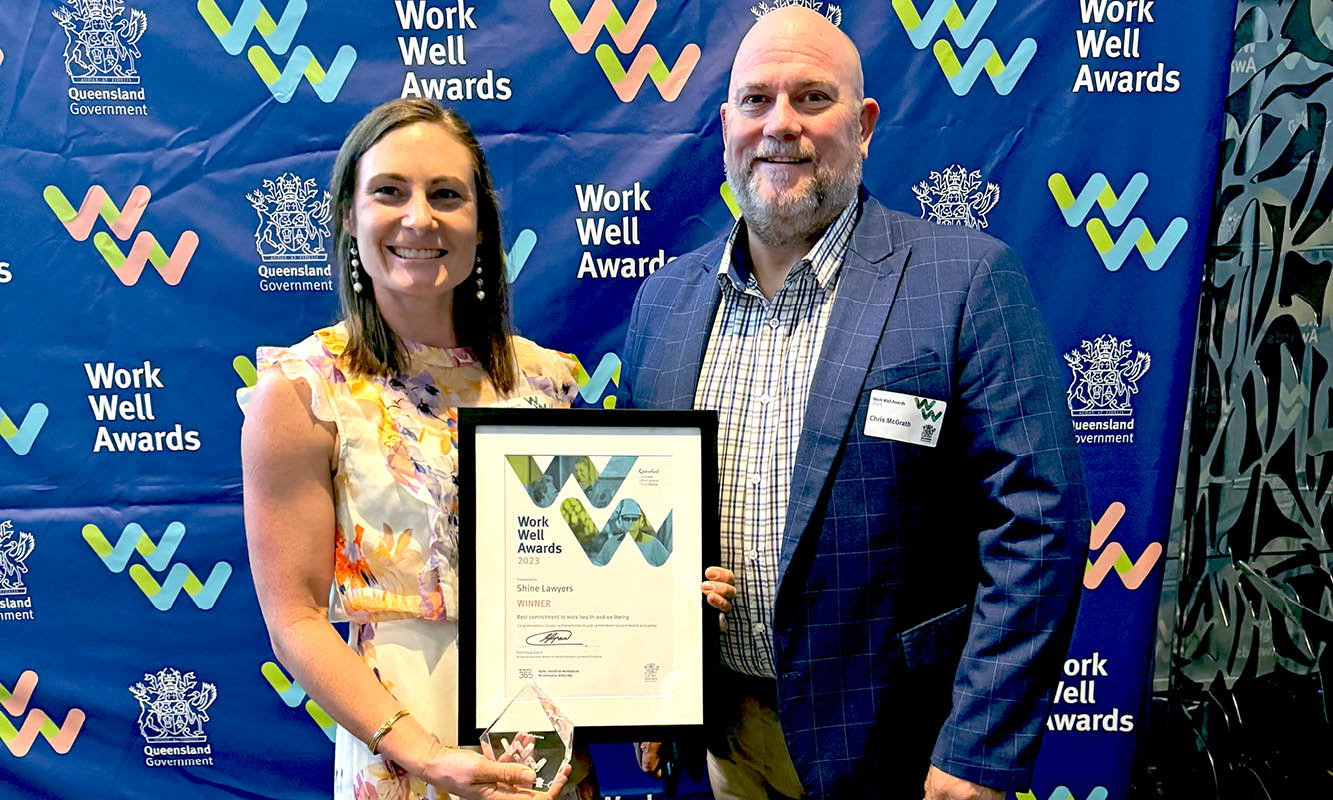If you are managing others, one of your key responsibilities is to create opportunities for your employees to learn and grow in their roles, ensure they know what is expected of them, and help them understand their performance and how to improve it. In other words, you need to provide meaningful and regular feedback.
Without the right skills, giving feedback often feels uncomfortable and awkward for both parties, and can do more harm than good (e.g. staff and colleagues may become defensive, angry, disengaged or unfairly criticised). Dreading these outcomes, many managers tend to leave feedback conversations to performance reviews that occur once or twice a year. But this is often unhelpful as:
- doubt, tension and anxiety may build up over time,
- unhelpful behaviours may become ingrained and more difficult to change later on,
- issues which could have been prevented by giving feedback early on are allowed to continue / fester, and
- memories of the situation may get distorted by later events.
The following suggestions may help you to avoid prescriptive and often uncomfortable feedback scenarios. They may be used as a positive, relationship-building tool that will motivate and engage your staff and enable them to develop in their roles.
- Provide feedback often. There is no reason you have to wait until there is an official review meeting scheduled. Timely feedback – both positive (reinforcing) and improvement-oriented (re-directive) – ensures that the details are fresh in everyone’s memory, and the person receiving the feedback can learn from it immediately. This is particularly important if you want to avoid negative habits developing which are always harder to change the longer they occur.
- Be prepared. This is especially critical for constructive, re-directive feedback. Think about the purpose of your feedback, what outcome you would like to achieve, and make sure you have all necessary information and facts ready. Some managers set a brief agenda for the meeting which enables the employee time to consider their answers and assists them to come to the meeting well-prepared.
- Be specific. Good preparation will also help you to be really clear about which aspects of the person’s behaviour you want to see stopped, changed, or encouraged. Being vague and telling someone that they did a “good job” isn’t particularly helpful as it doesn’t help the person understand what exactly they did well and should keep doing in the future. Constructive, re-directive feedback should always be about observed behaviour in a specific situation – not based on hearsay or around conclusions about their character or personality.
- Differentiate between effort and outcome. Sometimes, best-laid plans don’t work out, despite a large amount of preparation and commitment. And reversely, sometimes people just get lucky despite an obvious lack of dedication and hard work. Make sure that the feedback you provide focusses on the input, not just the outcome. To foster a growth mindset in others, make sure you reward effort, focus on the quality of demonstrated decision-making and problem-solving, and identify learning opportunities when the results didn’t match expectations.
- Be future-focussed. Just criticising past behaviour or dwelling on past errors without providing a clear path into the future is demotivating and is likely to build resistance and disengagement. Future-oriented feedback focuses on actionable, measurable behaviours that help the person to achieve goals and improve performance in the future. In his book “The Feedback Fix”, leadership and communication expert Joe Hirsch argues for the concept of “FeedForward” instead of “FeedBack”to illustrate the importance of this point.
- Ask questions. Giving feedback does not mean just talking at the other person and then end the conversation when you are done (especially when it is about re-directive, improvement-oriented feedback), but it should be part of a coaching conversation you have with someone. As a coach, your aim is to help the other person reflect on their journey, take accountability for their development, identify realistic, meaningful goals for the future and take practical steps to achieve them. You can facilitate this process by asking growth and commitment-oriented questions such as
- What is the most important thing you have learned from working on this project?
- What strengths have you found most useful on this assignment?
- What is holding you back from achieving your goals?
- What have you tried so far to fix these issues, and what happened as a result?
- How can I help you be successful?
- Is there anything I can do differently in my role to support you better?
Keep in mind that the best feedback helps others understand their strengths and provides the encouragement and guidance to build on those strengths.
If you would like to learn more, don’t hesitate to reach out to the QLS Solicitor Support service on ethics@qls.com.au or p. 3842 5843 to speak to someone in a judgement-free and supportive environment.













Share this article